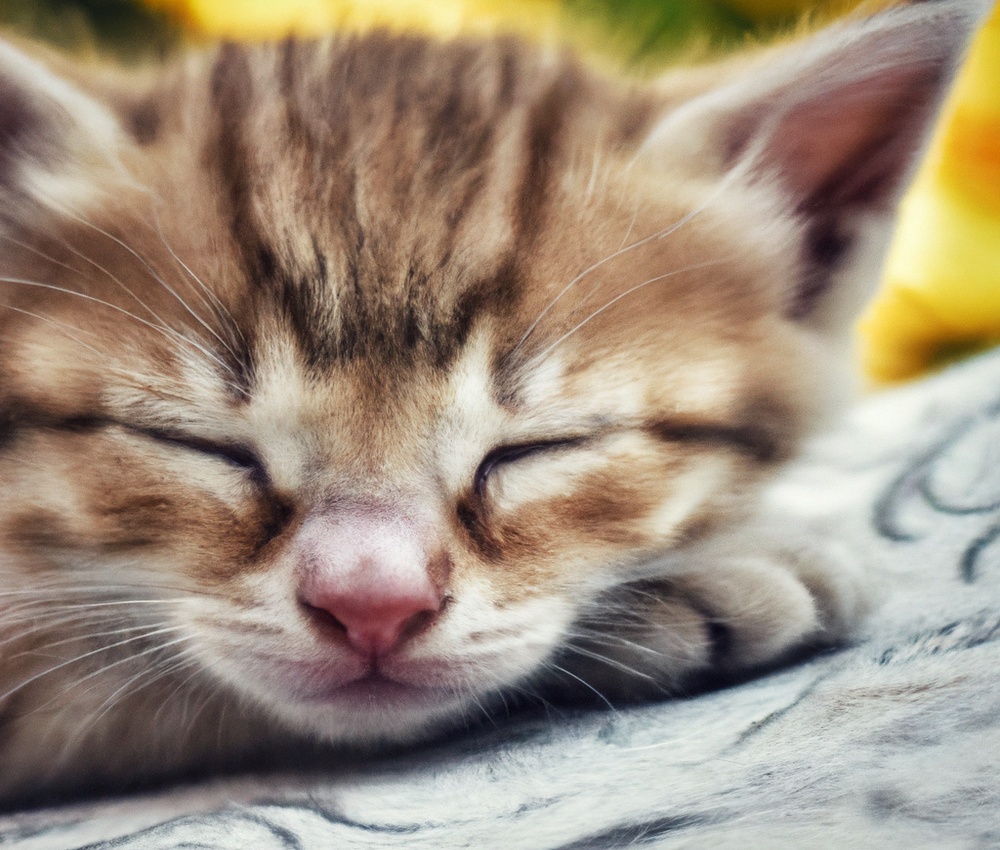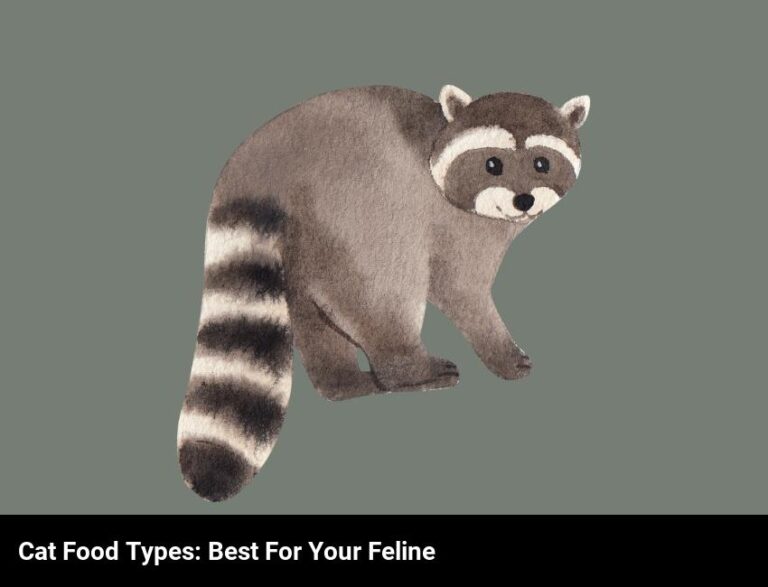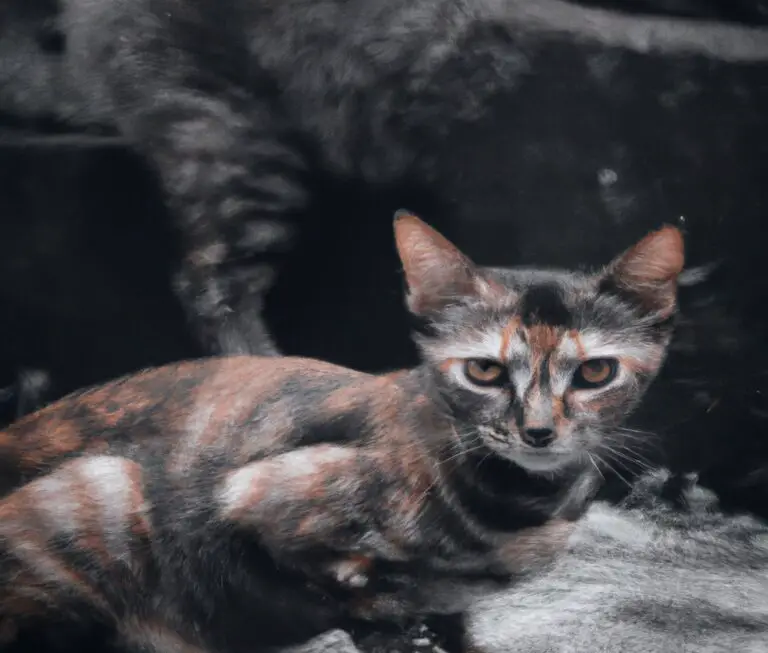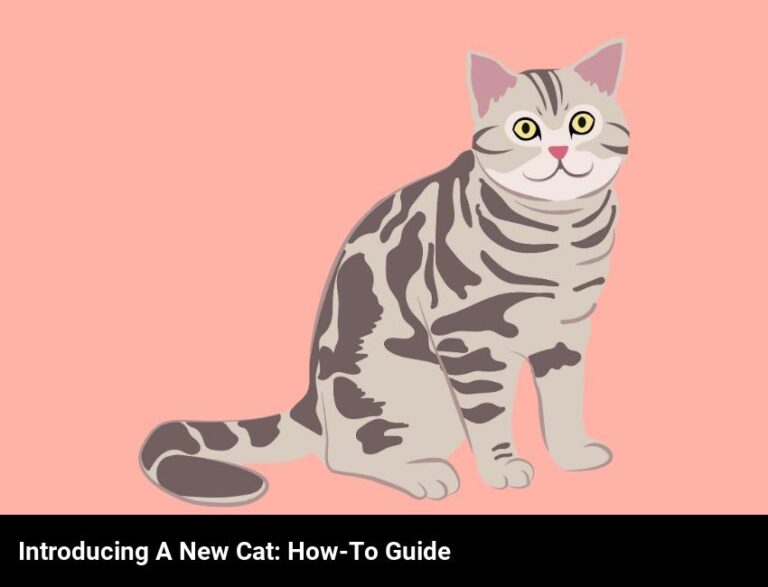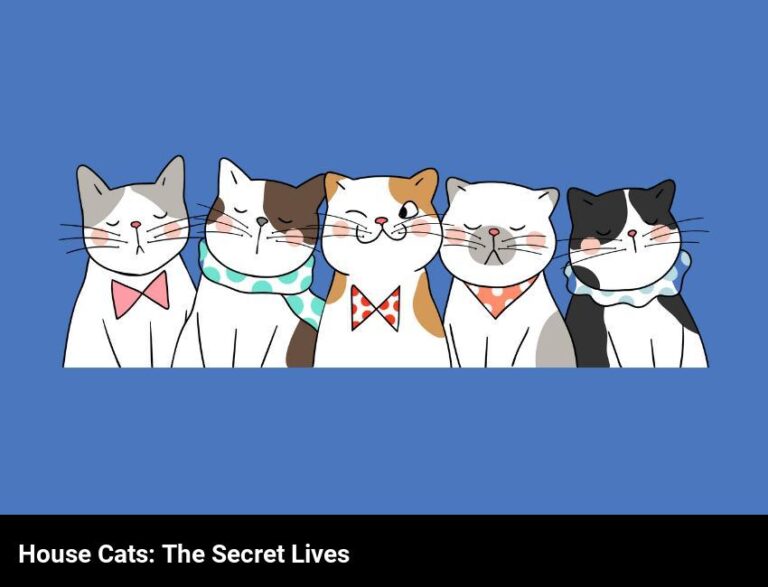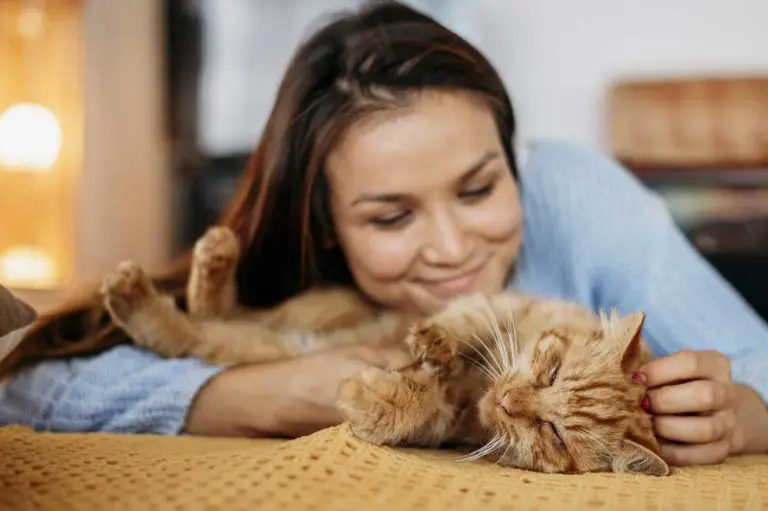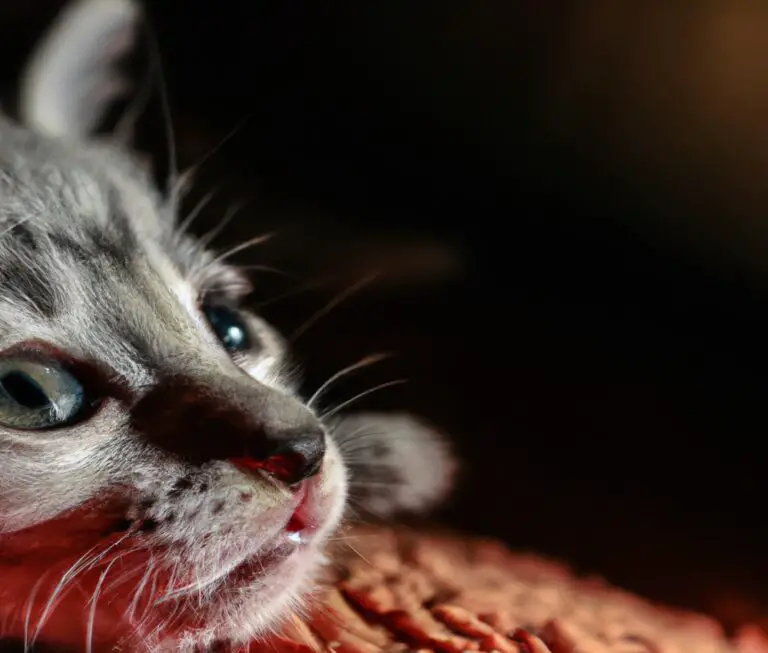Can My Cat Eat McDonald’s?
Key Takeaways:
- It is not recommended for cats to eat McDonald’s food due to its high levels of salt, unhealthy fats, and artificial additives.
- Feeding your cat McDonald’s regularly can lead to various health issues, including obesity, digestive problems, and nutrient deficiencies.
- Cats have specific dietary needs that are best met through a balanced and nutritionally rich diet formulated for their feline physiology.
- Opt for a cat-specific diet to ensure your furry friend stays healthy and receives all the necessary nutrients they need.
Welcome to our blog, where we delve into the curious and sometimes puzzling world of feline nutrition.
Today’s question might surprise you: can cats eat McDonald’s?
As a devoted cat lover and experienced pet owner, I understand the importance of providing our furry friends with a proper diet.
In this article, we’ll explore the nutritional needs of cats, the potential risks of feeding them human food, and most importantly, whether indulging in fast food is safe for our beloved companions.
So let’s grab a cup of coffee (or milk!) and dig into this purr-fectly intriguing topic.
The Importance of a Proper Diet for Cats
A proper diet is vital for your cat’s health and well-being.
Understanding a Cat’s Nutritional Needs
Understanding a cat’s nutritional needs is essential for their overall health.
Cats are obligate carnivores, meaning they require a diet rich in animal-based protein.
They also need specific vitamins and minerals, like taurine, which are found in meat.
Cats have a low thirst drive, so it’s important to provide them with water-rich foods.
Avoid feeding them human foods, as they can lack the necessary nutrients and may be harmful.
Providing high-quality cat food that is balanced and meets their nutritional requirements is the best way to ensure their well-being.
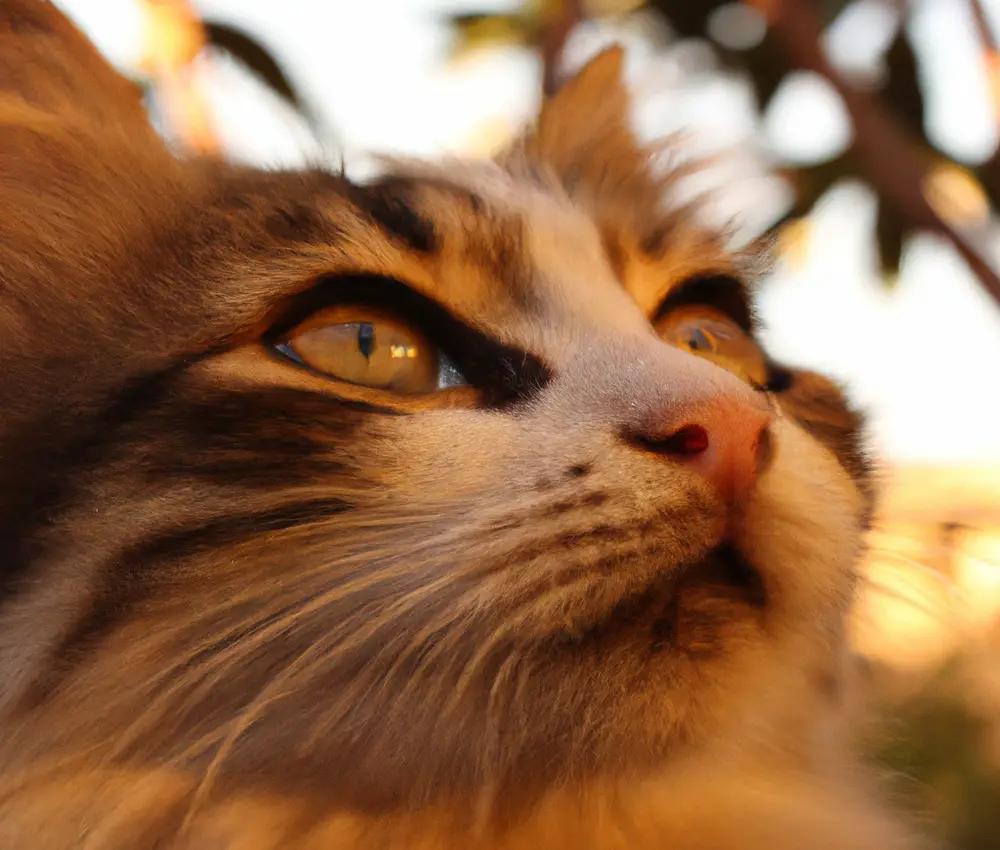
Potential Risks of Feeding Cats Human Food
Feeding cats human food can pose several potential risks to their health.
- Nutritional Imbalance: Human food is not formulated to meet a cat’s specific dietary needs. Cats require specific nutrients like taurine, which is found in meat. Feeding them only human food can lead to a deficiency in essential nutrients.
- Digestive Issues: Some human foods can be hard for cats to digest, leading to diarrhea, vomiting, or upset stomachs. Certain ingredients, like onions and garlic, can be toxic to cats and cause serious health problems.
- Weight Gain and Obesity: Human food often contains higher levels of fat, salt, and calories compared to cat food. Regularly allowing cats to consume this type of food can contribute to weight gain and obesity, leading to various health issues.
- Pancreatitis: Cats are more susceptible to pancreatitis, an inflammation of the pancreas, if they consume fatty or rich human foods regularly. This condition can be painful and potentially life-threatening.
To ensure your cat’s well-being, it’s best to stick to a complete and balanced feline diet recommended by veterinarians.
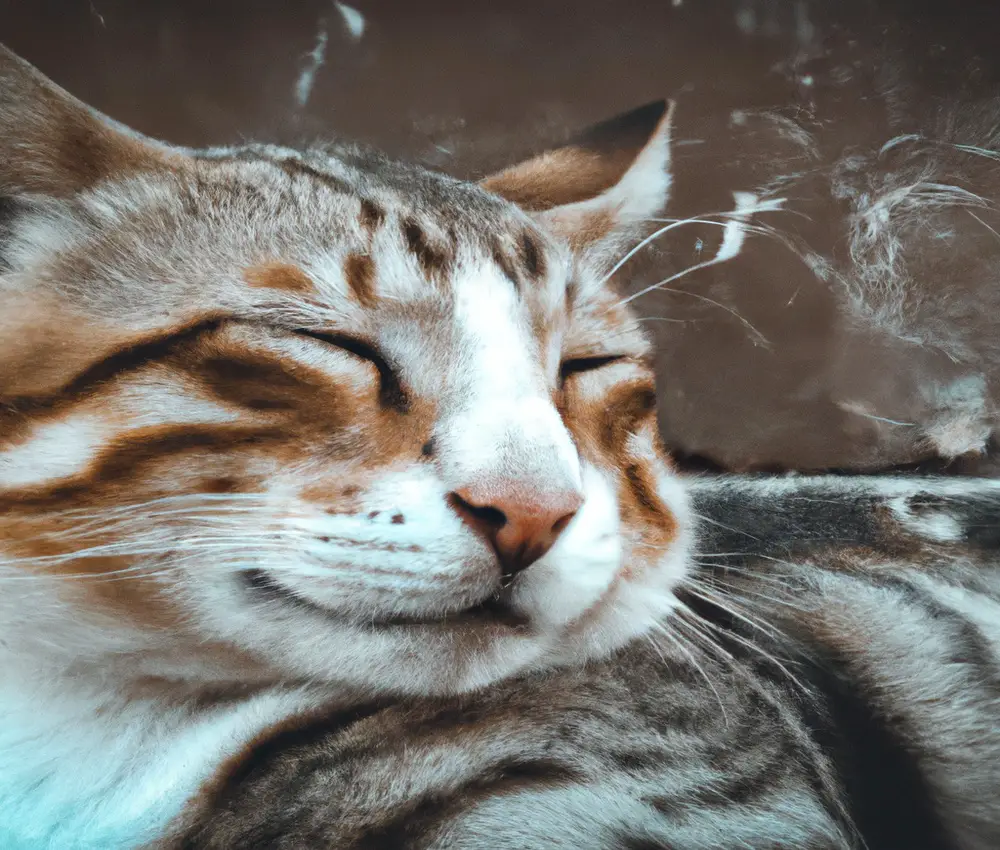
Can Cats Eat Fast Food?
Wondering if your cat can eat fast food? Let’s take a closer look at the topic.
Examining the Ingredients in McDonald’s Food
Examining the ingredients in McDonald’s food is essential for understanding if it’s safe for your cat. Some of the common ingredients found in their meals include beef, chicken, fish, dairy products, grains, and various additives.
While some of these ingredients may be suitable for your cat in small amounts, it’s important to note that fast food is not nutritionally balanced for cats.
It’s best to prioritize cat-specific food for their health and wellbeing.
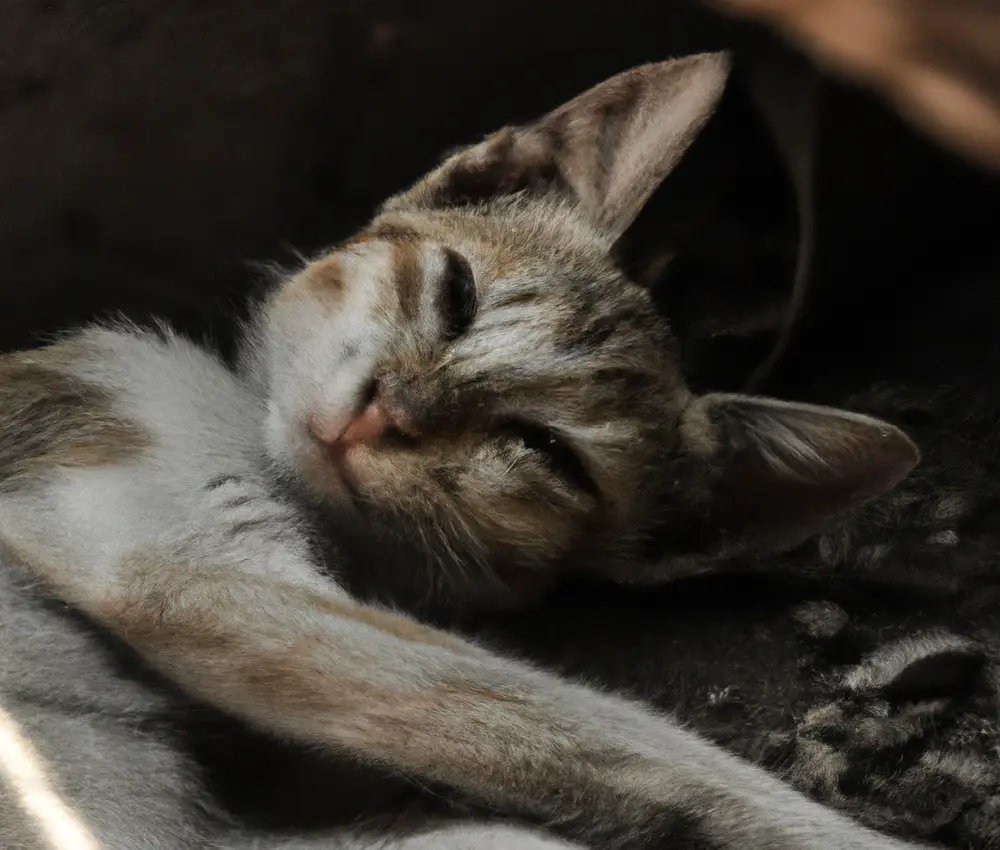
Harmful Effects of McDonald’s Food on Cats
McDonald’s food is harmful to cats due to its high fat, sodium, and artificial ingredient content. Cats are obligate carnivores and their digestive systems are not equipped to handle fast food.
Consumption of McDonald’s food can lead to obesity, gastrointestinal upset, pancreatitis, and other health issues in cats.
It’s important to feed cats a balanced diet consisting of cat-specific food to ensure their well-being and long-term health.
Healthier Alternatives for Treating Your Cat
Looking for healthier ways to treat your cat? Check out recommended cat food brands and homemade treats for your feline friend.
Homemade Treats for Your Feline Friend
Looking to spoil your feline friend with some homemade treats? You’ve come to the right place! Homemade cat treats can be a healthier and more nutritious option compared to store-bought ones.
Plus, it’s incredibly simple to make them yourself.
Here are a few ideas to get you started:
- Tuna Treats: Mix canned tuna, a beaten egg, and whole wheat flour. Roll the dough into small balls and bake until golden brown.
- Salmon Bites: Combine canned salmon, oats, and a bit of catnip. Form small patties and bake until firm.
- Chicken Delights: Cook boneless chicken and shred it into small pieces. Mix with cooked carrots or peas for added flavor and nutritional value.
Frequently Asked Questions about Cats and Fast Food
Is it safe for cats to eat McDonald’s food occasionally?
Is it safe for cats to eat McDonald’s food occasionally?
No, it is not safe for cats to eat McDonald’s food or any fast food.
Cats have specific dietary needs, and fast food is high in fat, salt, and additives that can be harmful to your cat’s health.
It can lead to gastrointestinal issues, obesity, and other health problems.
Stick to feeding your cat a balanced diet of specially formulated cat food to ensure their well-being.
Final Verdict
It is crucial to understand that cats have specific nutritional needs that are best met through a balanced and specialized cat diet. Feeding them human food, especially fast food like McDonald’s, can pose potential risks to their health and well-being.
The ingredients in McDonald’s food, such as high levels of fat, salt, and artificial additives, can have harmful effects on cats, including obesity and digestive issues.
To ensure the health of your feline friend, it is recommended to stick to quality cat food brands and occasionally provide homemade treats that are safe and beneficial for them. A cat’s diet should be tailored to their unique needs, and it is always best to consult with a veterinarian for specific dietary recommendations.

